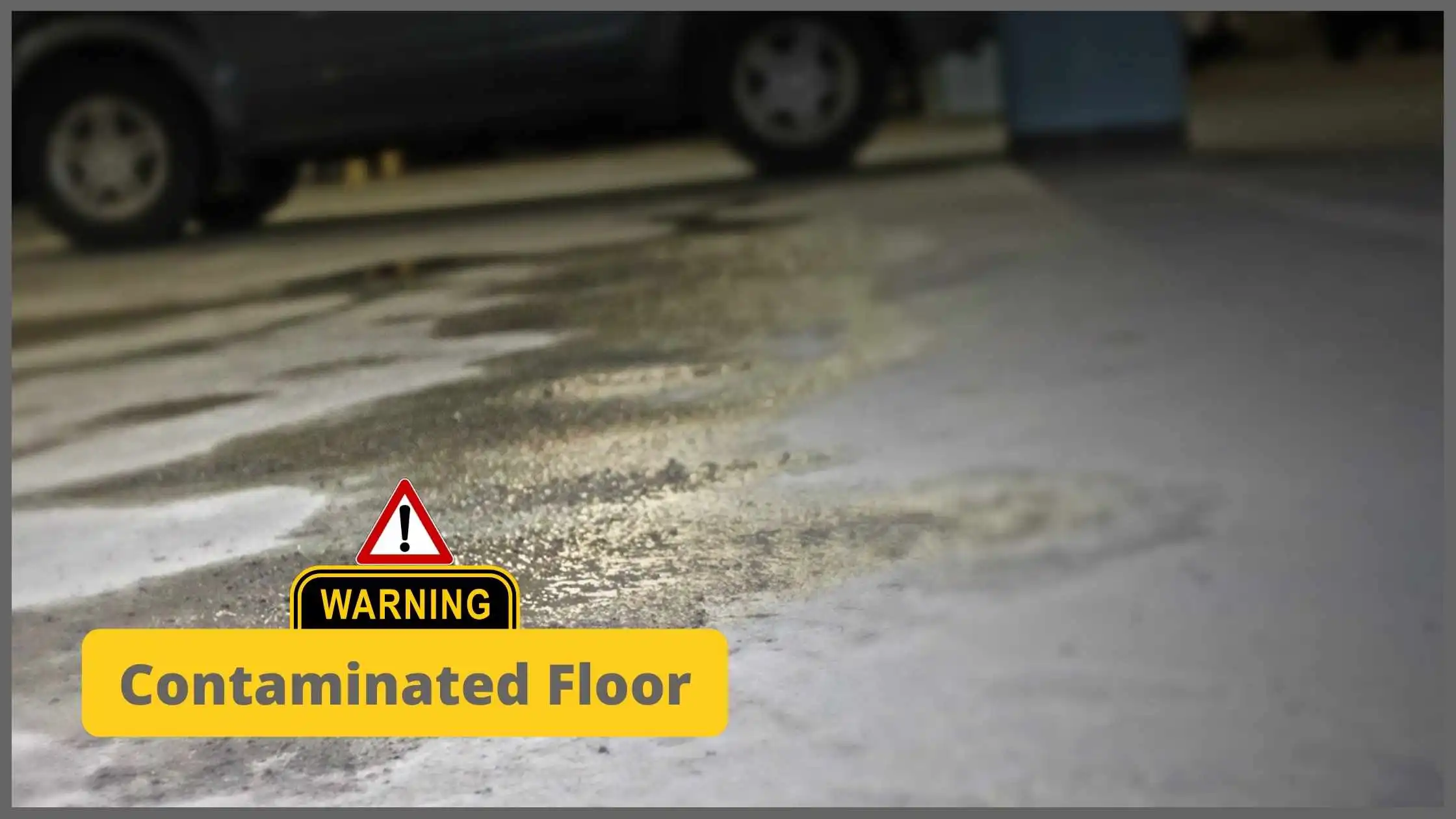
CAR PARK FLOORING: Common Execution Mistakes & Preventive Measures.
In our preceding article, we explored the Importance of Car Park Floorings. In the current article, our focus shifts towards addressing the typical execution errors frequently encountered during car park flooring installation. Additionally, we will provide recommended preventive measures to mitigate these issues effectively.
Below are the top 10 car park flooring common execution issues and their respective solutions:
1) Be Selective with Applicators :
When it comes to finalizing an applicator, make sure to always choose reliable, trained and qualified professionals – not just anyone who quotes a lower price.
The credentials, experience, and manufacturer’s recommendation hold paramount importance, especially for resin floor installations, which require skilled expertise.
2) Consider Temperature Variations:
Concrete floors naturally expand and contract with temperature changes. If the chosen flooring materials do not accommodate such movements or if proper movement joints are lacking, it can result in unsightly and problematic cracking.
Ensuring that the flooring design accounts for temperature variations within the facility is crucial.

3) Avoid Poor Adhesion:
To prevent adhesion problems and surface imperfections, thorough surface preparation is vital before the installation.
Eliminate any contaminants or debris on the floor’s surface prior to proceeding.
4) Exercise Caution in Mixing Chemicals:
The correct mixing of resin floor components is a scientific process that demands attention. Failure to mix them appropriately can lead to adverse consequences.
Always adhere to the manufacturer’s instructions diligently to avoid issues during installation.
5) Proper Priming:
Resin floor coating systems require suitable priming to ensure proper bonding with the substrate.
Neglecting to use primer or using the wrong one can lead to future debonding and difficulties with the flooring.

6) Beware of Bubbles:
Moisture rising from the substrate can cause blisters and blemishes in the floor finishing. Overlooking excessive moisture vapor during the planning stage can result in floor and substrate failure.
Employ a moisture vapor control system to prevent unwanted bubbles in the floor finish.
7) Tailor-Make Flooring Systems:
Car parks are subjected to diverse conditions based on their location and climate. Thorough research on flooring materials is crucial before making a selection.
Ensure that the chosen flooring system is tailored to withstand the specific stresses of your car park environment to avoid future surprises.
8) Adopt a Lifecycle Approach:
While saving costs during the planning stage might be tempting, compromising on quality and durability by opting for cheaper materials is a mistake.
Taking a lifecycle approach and investing in high-quality materials will save repair expenses in the long run.

9) Ensure Pedestrian Safety:
Moisture or fluid spillage on the floor’s surface can pose a significant risk of pedestrian slipping and serious injury.
Specifying a positive texture profile on the floor’s surface increases grip and slip resistance, especially on tight turning and ramp areas.
10) Extra Concerns for Top Decks:
Uncovered top decks of car parks are exposed to extreme weather conditions such as heat, cold, rain, and UV rays. Failure to select appropriate flooring that can withstand these challenges can lead to fading, chalking, cracking, or crumbling.
Consider using a different type of resin chemistry on the exposed deck than what is used for the other car park levels to ensure longevity and integrity.
By implementing the suggested preventive measures and adhering to best practices, project owners can save significant time, effort, and repair costs in the future.
“A well-executed car park flooring not only enhances the overall aesthetics of the facility but also provides a safe and durable surface for both vehicles and pedestrians.”
If you are considering car park coatings for your projects, feel free to reach out to us. We are committed to assisting you in safely executing the job, ensuring a smooth and reliable flooring installation without any scope for common errors.

